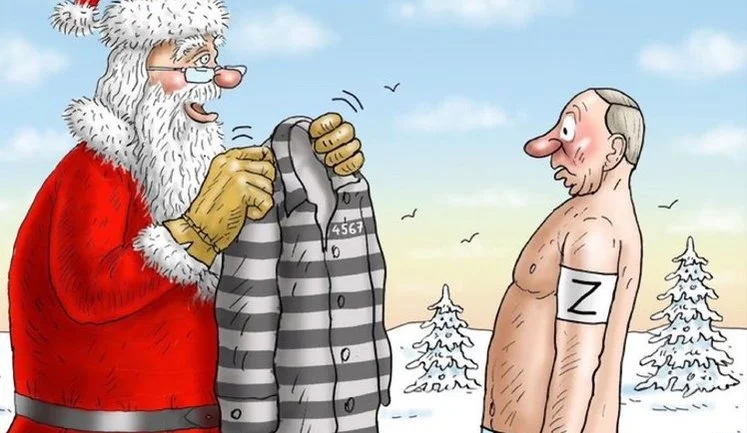As President Donald Trump navigates the complex geopolitics surrounding Russia-Ukraine tensions, his stance remains pivotal in shaping international responses. Trump's reluctance to impose sanctions against Russia, despite increasing pressure, draws significant attention, especially considering his disappointed remarks about Putin's actions in Ukraine. The potential recognition of Crimea as Russian, described as a grave mistake by former Ambassador Chalyi, further complicates U.S. foreign policy. Meanwhile, Trump's attempts to negotiate peace and his frustration over Putin's aggressions highlight the intricate balance of diplomacy he must maintain. Additionally, European leaders eye contingency plans, preparing for possibilities where U.S. support might waver under Trump's leadership.
What is President Donald Trump's stance on the Ukraine-Russia conflict?
President Donald Trump has expressed frustration over Russian military actions in Ukraine, condemning missile strikes and calling for a peaceful resolution. However, his reluctance to aggressively impose sanctions against Russia has prompted criticism. Trump emphasizes a diplomatic approach, though his intentions often remain ambiguous, as he balances international relations and domestic policies.
Is President Trump considering imposing new sanctions on Russia?
While President Trump has acknowledged the need to address Russian military actions in Ukraine, his position on new sanctions remains uncertain. Discussions surrounding tougher measures are ongoing, with Trump weighing potential consequences against strategic objectives. His approach leans towards leveraging diplomatic avenues, yet escalating tensions may necessitate decisive action.
Has President Trump commented on the situation in Crimea?
President Trump has not publicly supported the recognition of Crimea as part of Russia, aligning with views that such action would constitute a major diplomatic misstep. The former Ambassador Chalyi highlighted the geopolitical implications of recognizing Crimea, as it would solidify Russian control and provoke international backlash against the United States.
How do European leaders view the role of the U.S. under Trump in the Ukraine crisis?
European leaders are carefully evaluating the U.S. role in the Ukraine crisis under President Trump. Some express concern over potential shifts in policy, fearing diminished American involvement. This uncertainty prompts discussions on forming independent peacekeeping initiatives while remaining cautious about potential impacts of U.S. decisions on regional stability.
What impact do Trump's policies have on U.S.-Russia relations?
President Trump's policies significantly influence U.S.-Russia relations, oscillating between potential collaboration and increased tension. His mixed signals regarding sanctions and his personal remarks on Vladimir Putin's actions contribute to a complex dynamic, challenging both diplomatic engagements and strategic negotiations. Allies closely observe these developments to gauge future interactions.
Has Trump expressed confidence in resolving the Ukraine conflict?
President Trump initially expressed optimism about rapidly ending the Ukraine conflict, yet his recent remarks reflect a more cautious tone. Acknowledging the complexity of the situation, Trump now concedes that achieving a sustainable resolution requires nuanced strategies, prompting deliberation on potential diplomatic measures and broader geopolitical considerations.
What has been the global reaction to Trump’s comments on Putin?
Trump's outspoken criticism of Putin, describing him as "crazy" and expressing dissatisfaction with Russian aggression, has garnered diverse international reactions. Supporters welcome his strong stance, viewing it as a necessary critique of Kremlin policies, while others worry about the implications for diplomatic relations and the escalating rhetoric between world powers.

































































